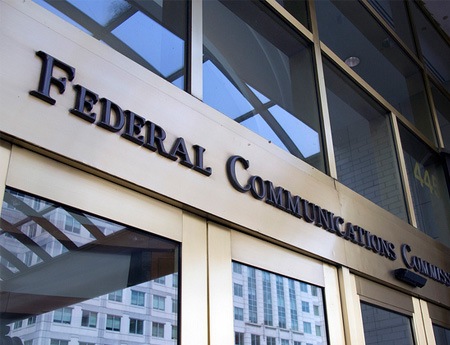NAB: FCC Can't Just Reverse Competitive Presumption

The smarter way to stay on top of broadcasting and cable industry. Sign up below
You are now subscribed
Your newsletter sign-up was successful
Broadcasters and local franchising authorities filed their reply brief late Tuesday (March 8) in their challenge to the FCC reversal of the effective competition presumption.
The case is being heard by the U.S. Court of Appeals for the D.C. Circuit, which has yet to set an oral argument date.
The FCC voted last year to presume local cable operators were subject to effective competition in their traditional video services unless a franchising authority could prove otherwise. The presumption had been that they were not competitive unless a cable operator could prove otherwise.
A finding of effective competition deregulates the basic tier.
The FCC noted in reversing the presumption that virtually all of the effective competition petitions by MVPDs had been granted in recent years and it made sense, as part of its directive from Congress to make the filing process easier for smaller ISPs, to make the process easier for all ISPs by reversing the presumption.
The National Association of Broadcasters and the National Association of Telecommunications Officers and Advisors filed suit, saying the FCC had exceeded its authority.
In their latest filing, NAB and NATOA took aim at cable operator and FCC arguments that the commission was just shifting the burden of evidence production from the cable operator to the franchise authority. They said that the 1992 Cable Act required that an affirmative finding that competition exists before any governmental agency may exercise jurisdiction. "The Commission cannot fulfill its duty simply by relying on a franchising authority’s failure to submit evidence."
The smarter way to stay on top of broadcasting and cable industry. Sign up below
They also said that Congress required the FCC to make market-by-market determinations of competition and that the FCC has "abdicated" that responsibility.
In their brief, filed Feb. 16, the American Cable Association and National Cable & Telecommunications Association said the FCC's decision to make franchise authorities petition to retain that regulation was a reasonable implementation of the Communications Act, was consistent with the relevant statute and squared with current market realities, and added that to retain the previous presumption would likely have been arbitrary and capricious.
Broadcasters are concerned that deregulation of the basic tier, where broadcast stations must be carried, signals the "the potential disintegration of the basic tier of service." They are also generally at odds with MVPDs over the retransmission consent/must carry regime.
Contributing editor John Eggerton has been an editor and/or writer on media regulation, legislation and policy for over four decades, including covering the FCC, FTC, Congress, the major media trade associations, and the federal courts. In addition to Multichannel News and Broadcasting + Cable, his work has appeared in Radio World, TV Technology, TV Fax, This Week in Consumer Electronics, Variety and the Encyclopedia Britannica.

